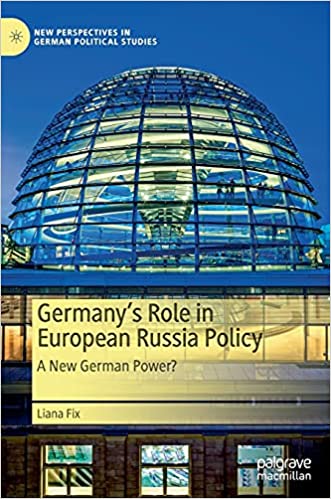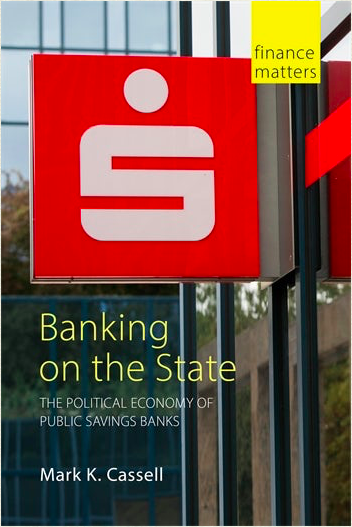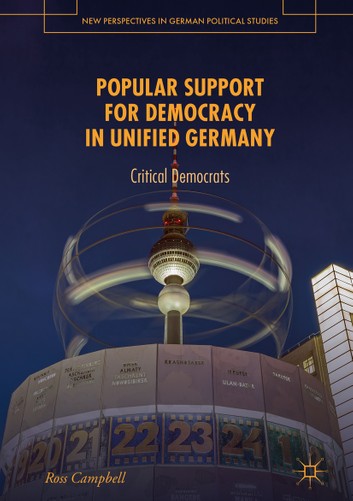Our Work
We organise regular conferences and workshops in Europe, as well as running a regular trip to observe the German federal elections.
But most of all, we publish the prestigious scholarly journal German Politics, which is the premier English language outlet for high-quality academic social science research on Germany.



